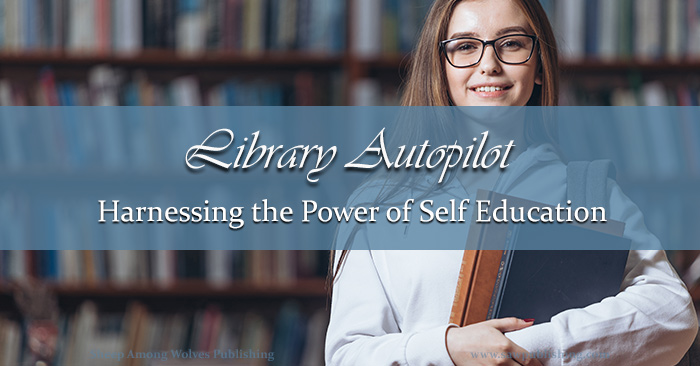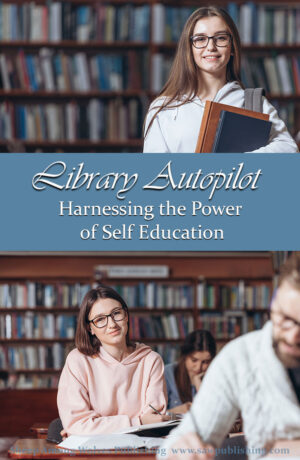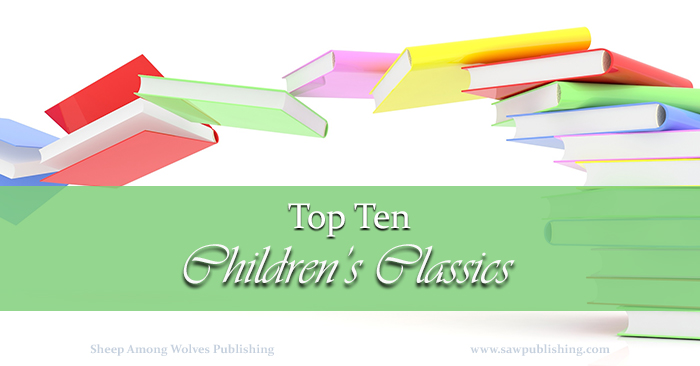Library Autopilot: Harnessing the Power of Self Education
 Self education has been described as the ultimate competitive edge.
Self education has been described as the ultimate competitive edge.
What parent doesn’t want their kid to be ultimately competitive???
Okay, English plays tricks with us sometimes. That’s obviously not what I was trying to say. But while we may all agree that competition isn’t the highest form of virtue, we do all want the children in our lives to be successful—however we define success.
And as we near the end of the month that somebody-in-high-places designated as the special time for highlighting self improvement, let’s take a look at just what self education is—and what it can mean for your student’s life.
What Is Self Education?
Merriam-Webster, as always, plunges heroically to our aid here:
Self Education: the act or process of educating oneself by one’s own efforts especially through reading and informal study. (Merriam-Webster Dictionary)
It’s as simple as that!
Or would it be more accurate to say, as complex?
The idea is simplicity itself—but it drags a tough question in its wake:
 How On Earth Do You Teach It?
How On Earth Do You Teach It?
Every educator ultimately wants to instill this priceless skill in every student who comes under their teaching.
But by its very nature, self education is a conundrum to teach.
It has to come from the student—from their curiosity, their perseverance, their passion. You can’t make a student self-educate. The best you can do is model, nurture and encourage an environment in which self-education can thrive.
And the good news is, there is one all-but-fool-proof shortcut to that goal:
Nurturing the Love of Books
Abraham Lincoln once said, “All I have learned, I learned from books.”
Someone spent a handful of months teaching him to read. He did the rest.
And while few of us would wish quite such a tough educational course on our students, there can be little doubt that Lincoln’s self-propelled passion was worth years of instruction without interest.
Students who love books learn. That’s pretty much a fact.
And for that reason, nurturing book-loving and nurturing self-education go hand in hand.
Just Read!
Read to your child. Read with your child. Let your child read to you. Let your child read to themselves.
Read picture books. Read novels. Read biographies. Read cookbooks.
Don’t read with a conscious aim of teaching.
Just read.
Read until reading is a part of who you are.
Then take a peek over your shoulder, and see if you don’t have a self-educating student trotting along behind you.
I’d love to hear your personal tips for creating a lifestyle that nurtures the love of books. Just drop a comment in the section below!
Eager to start reading, but need some book recs to get you started? See our previous post:
- What About Socialization? Answering Homeschooling’s Most-Hated Question with Grace
- The Homeschooler’s Library: Best Fall Books

